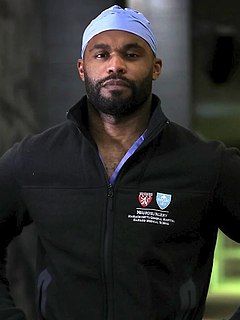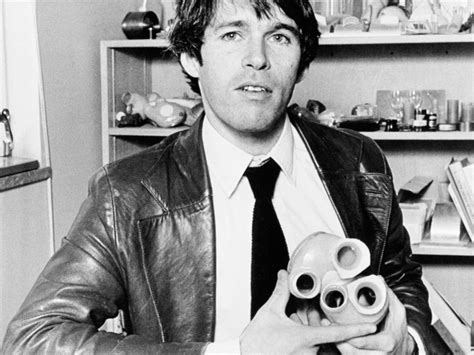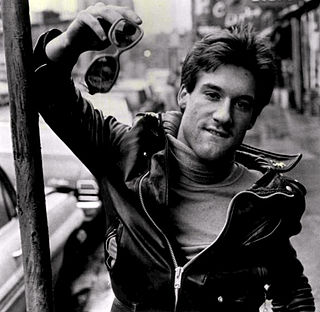A Quote by Lewis Thomas
The dilemma of modern medicine, and the underlying central flaw in medical education and, most of all, in the training of interns, is the irresistible drive to do something, anything. It is expected by patients and too often agreed to by their doctors, in the face of ignorance.
Related Quotes
We need a comprehensive renewal of the nursing care system in Germany, and quickly. The two-tier medical system must be abolished. Patients with public health insurance are waiting months to be seen by a specialist doctor, while doctors increasingly give priority to privately insured patients. That's unacceptable. We also need an educational revolution. Medicine, nursing care, education: Germany is not a modern country when it comes to these three areas. We have to adapt our policies to the social reality. These are projects that can awaken Germany out of its torpor.
Modern medicine is not scientific, it is full of prejudice, illogic and susceptible to advertising. Doctors are not taught to reason, they are programmed to believe in whatever their medical schools teach them and the leading doctors tell them. Over the past 20 years the drug companies, with their enormous wealth, have taken medicine over and now control its research, what is taught and the information released to the public.
We sometimes think that the best doctors are the ones who have the most specialized knowledge or the fanciest degrees, but in fact, study upon study, including one published in the 'New England Journal of Medicine,' show that the best doctors are the ones who also know how to connect with their patients.
In medical school, students are immersed in the realm of medical ethics. It's where new doctors study, learn right and wrong, ask tough questions, and discuss things like end of life care, genetic testing, and patients' rights. In lots of ways, it's the most important part of being a compassionate and competent doctor.
I do not approve of anything that tampers with natural ignorance. Ignorance is like a delicate exotic fruit; touch it and the bloom is gone. The whole theory of modern education is radically unsound. Fortunately in England, at any rate, education produces no effect whatsoever. If it did, it would prove a serious danger to the upper classes, and probably lead to acts of violence in Grosvenor Square.
The scope of herbal medicine ranges from mild-acting plant medicines such as chamomile and peppermint, to very potent ones such as foxglove (from which the drug digitalis is derived). In between these two poles lies a wide spectrum of plant medicine with significant medical applications. One need only go to the United States Pharacopoeia to see the central role that plant medicine has played in American medicine.
Vague promises of savings from cutting waste, enhancing prevention and wellness, installing electronic medical records and improving quality are merely ‘lipstick’ cost control, more for show and public relations than for true change... Savings will require changing how doctors think about their patients: Doctors take the Hippocratic Oath too seriously, “as an imperative to do everything for the patient regardless of the cost or effects on others.
The bulk of my learning - if I may call it such - has come within the past three months, after I became a part of the fragile body of patients who make up an AIDS hospice. Here, surrounded by teams of supportive nurses, attentive doctors, and interns, one gently comes upon his own strengths and shortcomings.




































